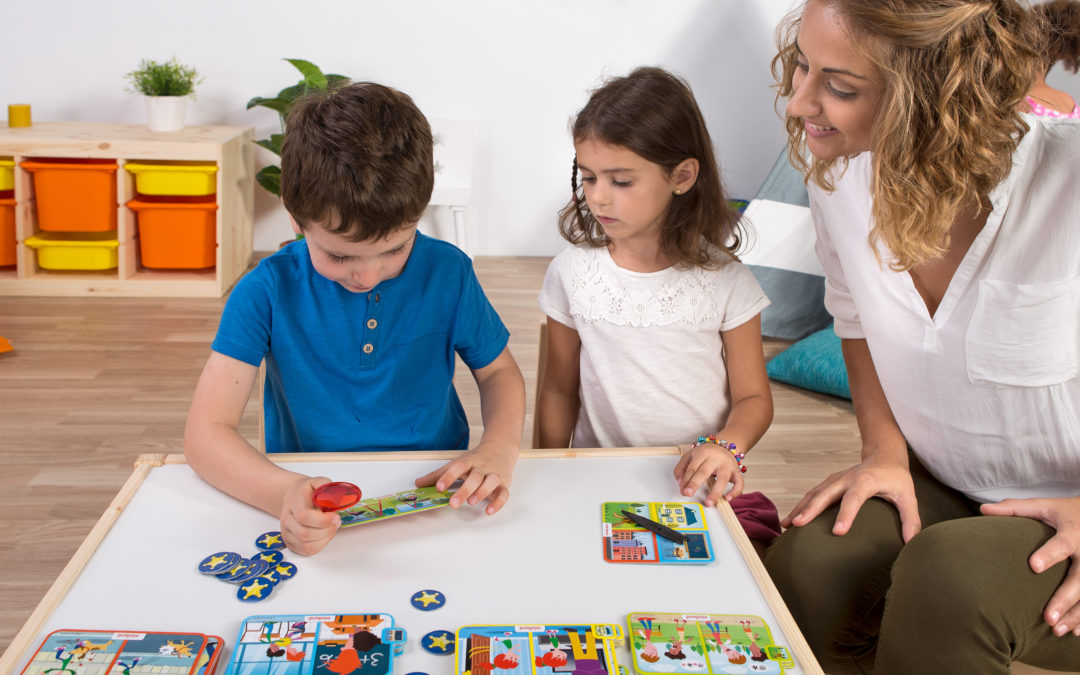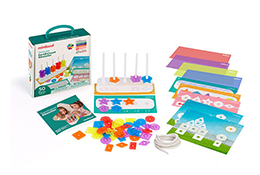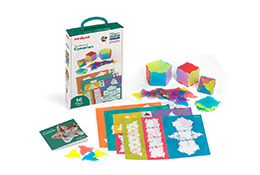Covid-19 and its effects, both economically and socially, have impacted every single person in the world, both big and small.
Yet according to a recent article in Education Week, the toll on K-12 teachers appears to be particularly acute. One study found that during the pandemic, teachers were more likely to report feeling stressed and burned out than other state and local government-sector employees. Eighty-four percent of teachers surveyed by the EdWeek Research Center in March said that teaching is more stressful than it was before the pandemic.
Contributor Catherine Gewertz writes “Teachers’ stress and anxiety have soared and their morale has plummeted during the pandemic, a flammable combination that could burn them out and lead them to leave their jobs. It’s more important than ever, experts say, for districts to support their teachers by looking after their mental health.”
While many districts are taking the mental health and well-being of their educators very seriously, some may not see it as a top priority.
In researching ways to cope, we’ve found the following advice from educators to be particularly impactful.
You may not be able to control your district’s actions and responses, but you can try to have some level of control on your own.Here are some tips on how you can start:
- Don’t be afraid to TALK: Whether it’s to a friend, colleague, family member or licensed therapist, real healing starts with talking and opening yourself up. Sharing your struggles, fears and anxieties about what happened and what is yet to come this school year is crucial to helping you step forward in your self-care. Last school year, and the spring semester of the school year before that, was heavily impacted by COVID-19 and its changes, regulations and restrictions. The extra tasks, pressures and uncertainties added to your already full workload made many teachers rethink their entire profession. Having to adapt to a virtual teaching setting versus in-person, particularly for this youngest of age groups, was met with incredible challenges, forcing you to think beyond your comfort zones. Each day was a new mandate and thus you had to adapt your curriculum and focus in the blink of an eye. All of these pressures would lead anyone to withdraw, overanalyze or even lead to depression. Talking it out and being honest about your anxieties is one of the biggest steps to keep moving forward. Your Health Insurance should hopefully cover the costs of seeing a licensed professional, but if that’s not an option, tap into the world of Apps with services like TalkSpace Therapy & Counseling, MindDoc, and Better Help.
- Art Therapy: Sometimes it’s hard to find the right words to express what you’re feeling or going through. Art has been proven to help with mindfulness, self-care, relaxation and curb symptoms of depression. Drawing, coloring and painting for yourself is a great way to process feelings, reduce stress and anxiety and increase your self-esteem.. Art is also a great way to break away from what became a daily connection to technology. Unplugging and redicret with your creative side through tactile creations will help balance and center you again. For those needing additional support, look into licensed Art Therapists through organizations like the American Art Therapy Association
- Get Physical: Are you getting enough sleep? Eating the right foods? Getting enough exercise? All of these actions (or lack thereof) have a major impact on your mental health. Exercising builds endorphins to create feelings of happiness, peace and fulfillment. Taking care of your body is just as important as taking care of your mind, and go hand in hand. You can include your students on this movement by making movement a part of your daily routine. Practicing yoga and mindfulness together will help children cope with their stress and anxieties as well as they come back to school for what may be the first time in over a year.
- Socialize: After a year and a half of next to no social interaction, it’s important to strengthen your connections and socialize with other people. Humans were not meant to be alone without social interaction. Make some plans to brunch with friends and/or family. If you’re afraid of getting too close or if your family and friends live far away, set up more zoom or Teams calls. Make a “date” to watch a movie together with a friend on FaceTime. Get your students involved in socializing together as well, and practicing their communication skills. If your students are starting first grade and walking into a classroom for the first time in a long time, they’ll need as much emotional support as you can give them through socialization. Utilize your Social Emotional Learning resources, toys and games to help them communicate about the anxiety and fear they may have felt during this pandemic and all of its changes.
Finding ways to take care of yourself will have such a positive impact on your students as you enter into yet another unknown school year. Equipping yourself with the right tools to help your own mental health will prepare you with ways to help the young children in your care cope with theirs.



